 By Seung-Hun Lee, Lee International
By Seung-Hun Lee, Lee International
In Korea, many franchisors require their franchisees to purchase franchise products from the franchisors. They do this to ensure a level of uniformity in the franchise business, enabling franchise customers to receive the same types and quality of goods from each franchise store.
To accomplish this goal, franchisors often ask their franchisees to sign agreements requiring the franchisees to purchase all their important goods and ingredients only from the franchisor or a vendor designated by the franchisor. For example, pizza franchisors may designate themselves or certain vendors as their franchisees’ sole source of cheese or flour, and cafe franchisors may require their franchisees to obtain all coffee beans or coffee machines only from the franchisor’s HQ or an appointed vendor. Because these types of agreements are necessary for achieving uniformity, the Korean Franchise Business Act has recognised and generally allowed such compulsory provisions.
“Different” Franchise Fees
However, it was discovered that some franchisors have reaped unreasonable profits by selling these required goods or ingredients to their franchisees at excessively high prices, and these unfair practices have raised serious social concerns. Consequently, in a notification announced last year, the Korean Fair Trade Commission introduced the term “different” franchise fees, meaning “the amount paid by the franchisee to the franchisor for the goods supplied by the franchisor, which amount exceeds the fair wholesale price of such goods”. The KFTC will now require franchisors to disclose the details of such “different” franchise fees in their information disclosure statements.
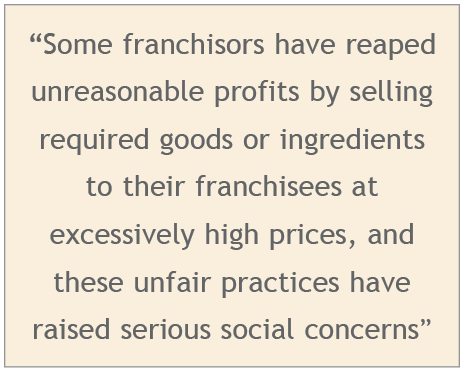
The details are as follows: Different franchise fees are (the price paid by the franchisee to the franchisor for the goods supplied by the franchisor) minus (the fair wholesale price of such goods). Because some franchisors have been found to have amassed unreasonable profits by charging these different franchise fees, the KFTC amended the franchise disclosure rules to require franchisors to identify their different franchise fees by publishing the details of such fees in their information discloser statements, beginning January 1, 2019.
Any failure to include this information may result in the franchisor being fined up to W10 million (US$85,000).
Franchisors Challenge Disclosure Rules
Unfortunately, these new disclosure rules have given rise to significant problems for franchisors: the two elements of the different franchise fees — “the price paid by the franchisee to the franchisor for the goods supplied by the franchisor” and “any amount which exceeds the fair wholesale price of such goods” — may be considered trade secrets of a franchisor where they can show the business ability of such franchisor. Thus, any disclosure of a franchisor’s different franchise fees could lead to the divulgence of its trade secrets. Moreover, franchisors who are seen to require the payment of steep different franchise fees may be branded as companies that are exploiting their franchisees, leading to a loss of business. For these reasons, the new disclosure rules prompted fierce resistance among franchisors.
Faced with these problems, a considerable number of franchisors filed an appeal challenging the constitutionality of this rule change by the KFTC. The appeal remains pending before the Korea Constitutional Court with a decision expected to come in near future.

E: shlee42@leeinternational.com
T: (82) 2 2262 6025
F: (82) 2 2279 5020


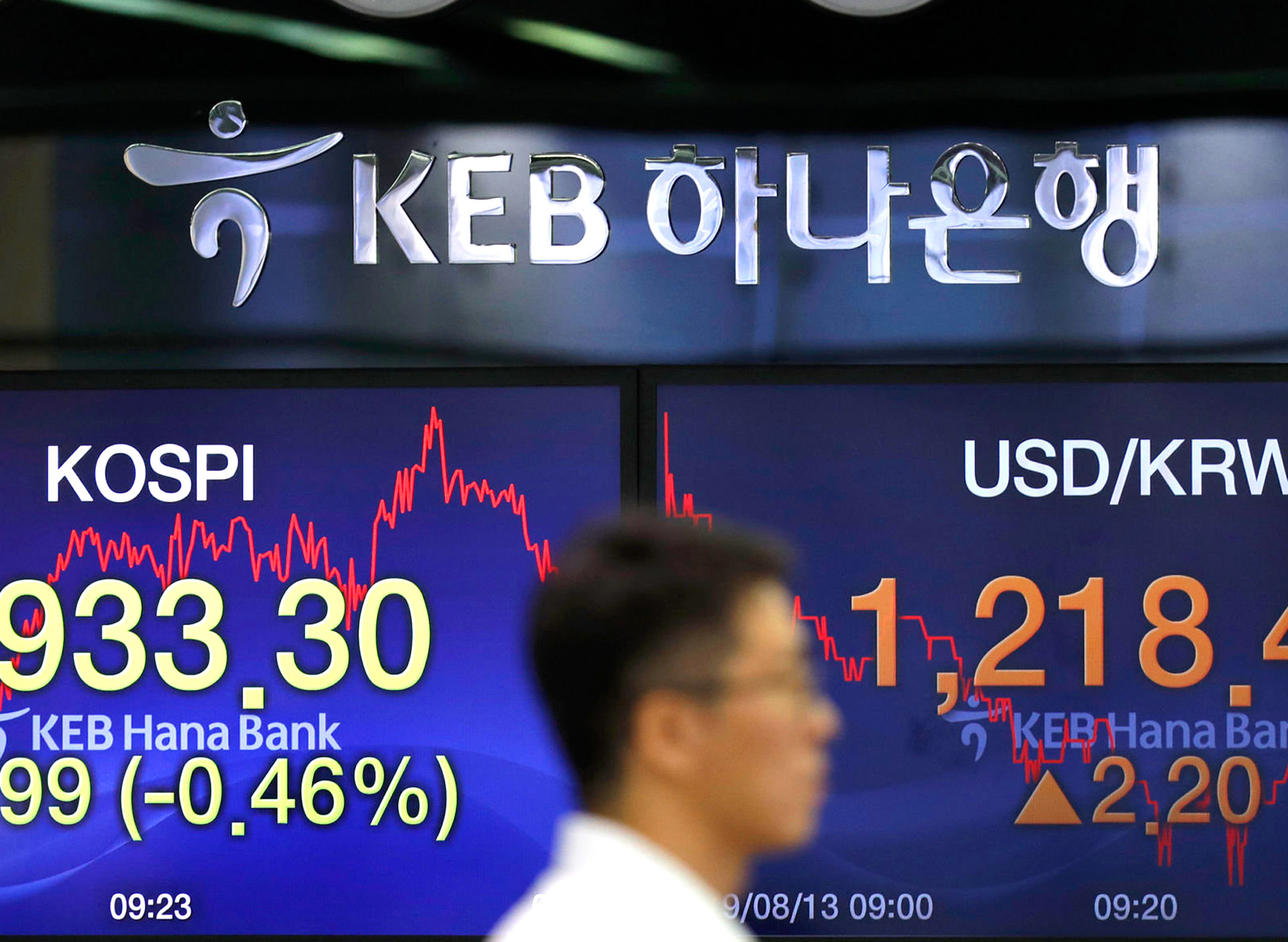



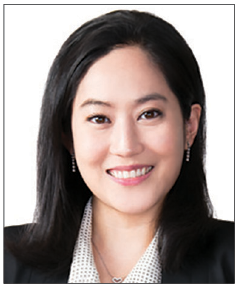
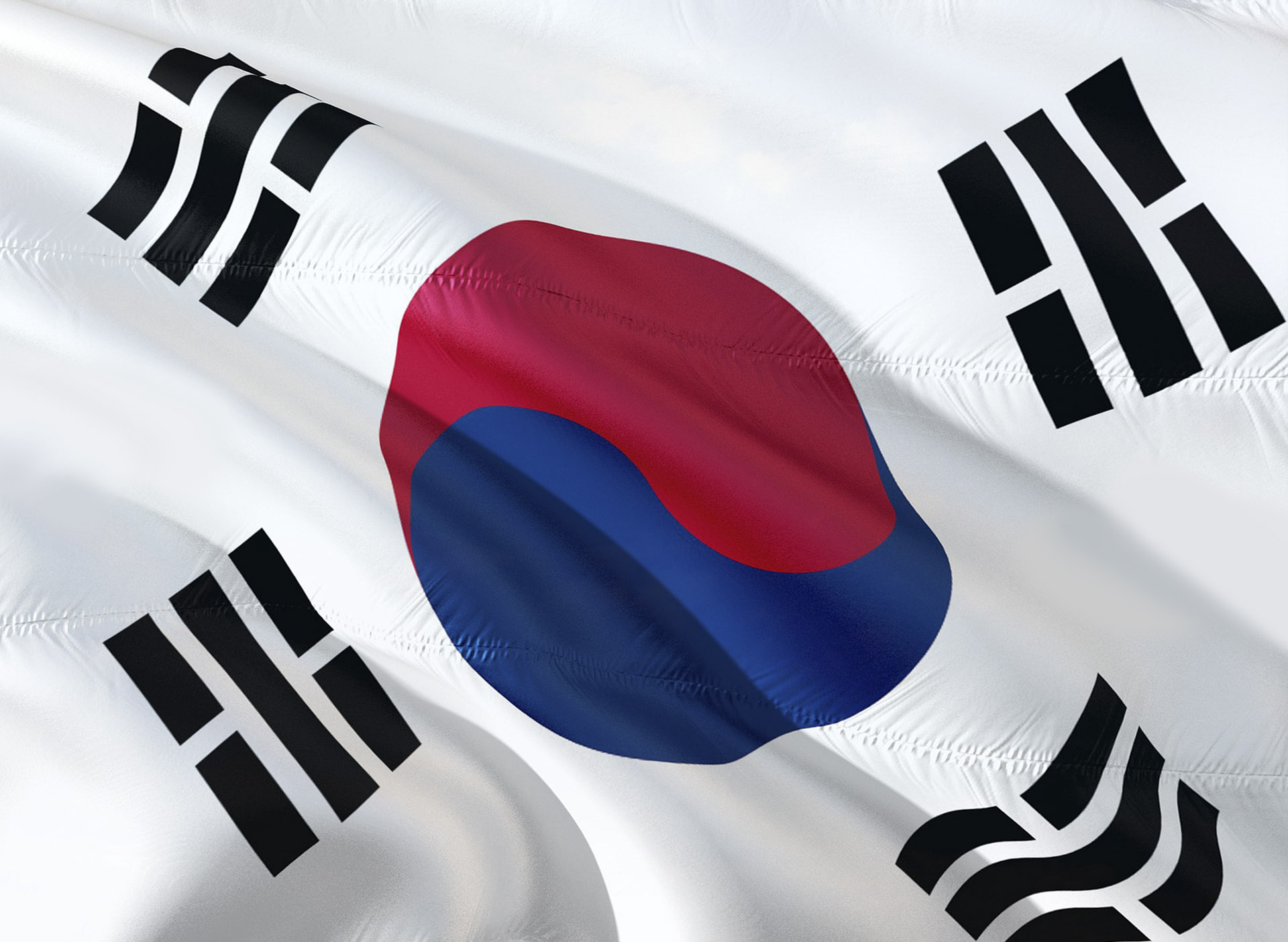


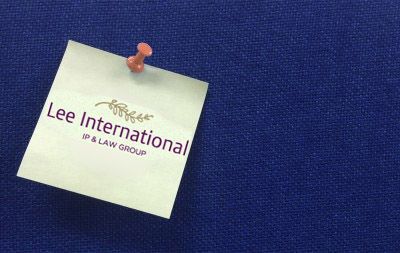
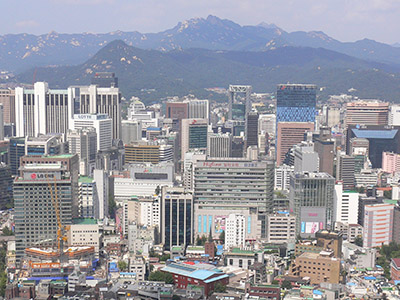










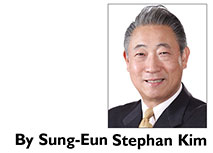

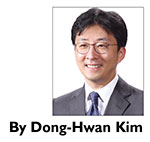

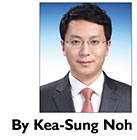




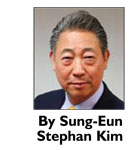
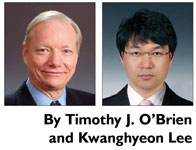








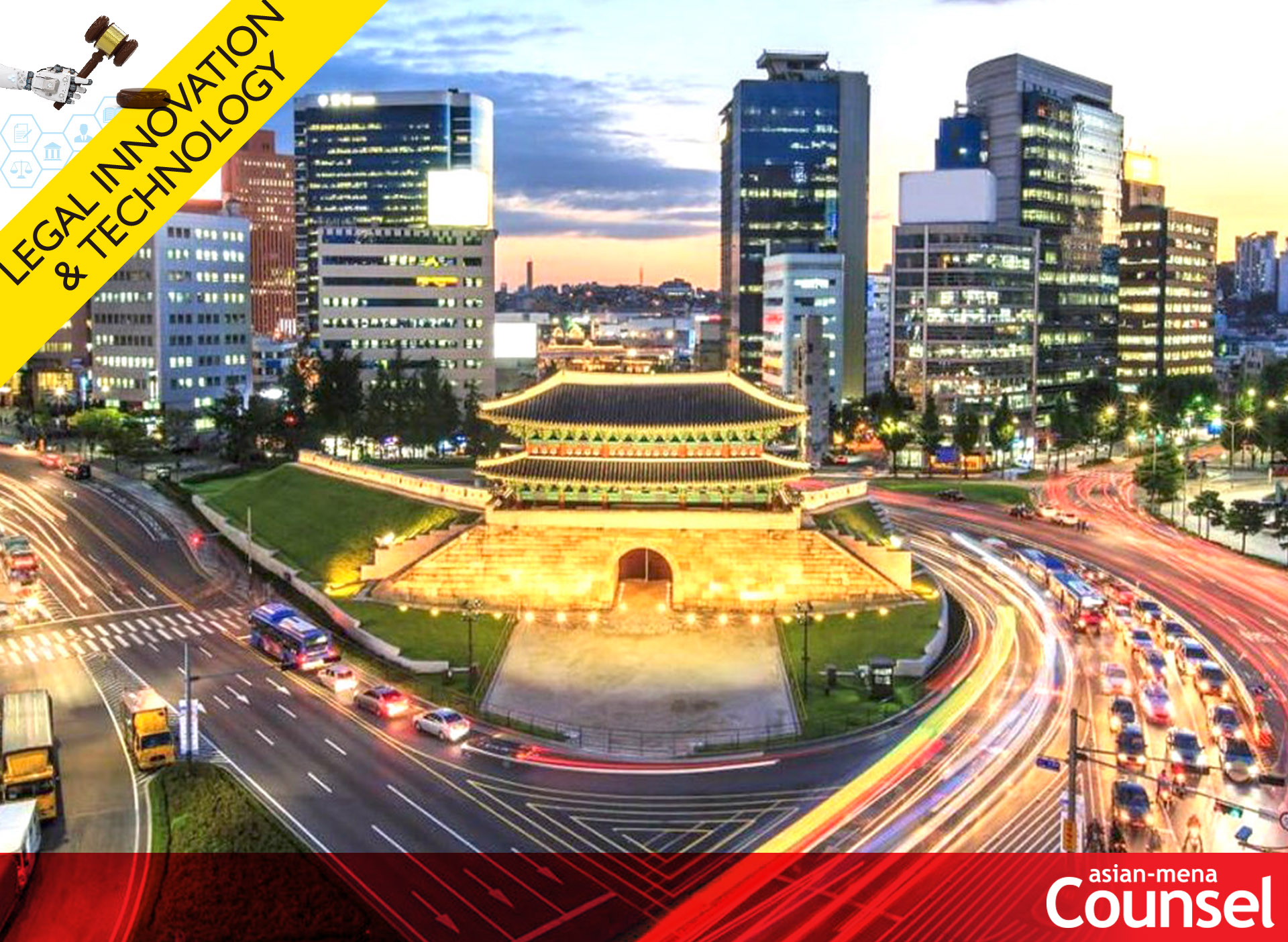
 Nicholas H. Park
Nicholas H. Park







